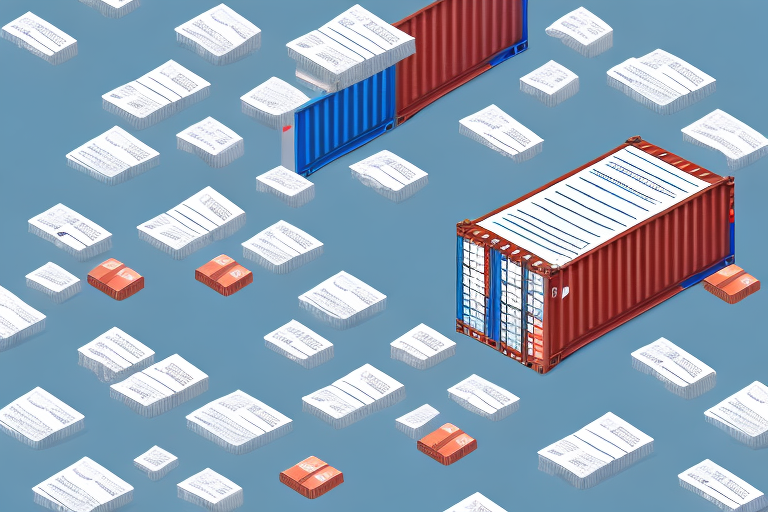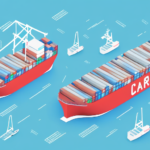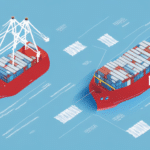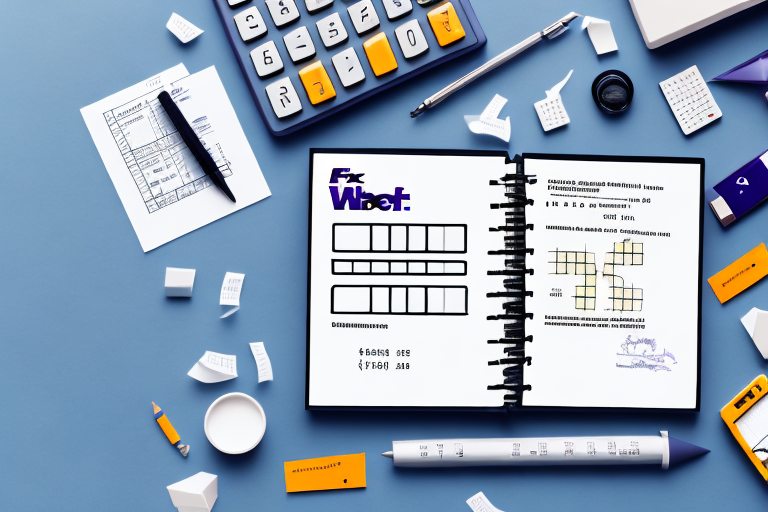Understanding the Bill of Lading
In the realm of shipping and logistics, a bill of lading is one of the most critical documents in the entire process. It serves as a receipt that records the shipment of goods from one location to another, detailing aspects such as the type of products, their quantity, and the shipment's destination. Fundamentally, it is a legal document that provides proof that goods have been shipped and delivered to their intended destination.
What is a Bill of Lading and Its Importance?
A bill of lading is essential in the shipping and logistics industry as it acts as verification that goods have been shipped and delivered in accordance with the agreed-upon terms. This document is utilized by buyers, sellers, and shipping companies to confirm the details of the shipment.
Furthermore, a bill of lading serves as a legal document in cases of disputes or claims. It can be used as evidence to establish responsibility for damages or losses that may occur during transit and is referenced in insurance claims and customs clearance procedures.
Types of Bills of Lading
There are several types of bills of lading used in the shipping industry, each serving a unique purpose:
- Negotiable Bill of Lading: Can be traded or sold to third parties, transferring ownership of the goods.
- Straight Bill of Lading: Non-negotiable and used when goods are consigned to a specific recipient.
- Received-For-Shipment Bill of Lading: Confirms that the carrier has received the goods for shipment.
- Order Bill of Lading: Similar to a negotiable bill, it allows the transfer of ownership by endorsement.
Choosing the correct type of bill of lading is crucial, as it carries significant legal implications and ensures that the shipment process aligns with the parties' requirements.
Reasons to Obtain a Bill of Lading
There are multiple reasons why obtaining a bill of lading is necessary:
- Proof of Shipment: Validates that a shipment was intended for you as a buyer.
- Verification of Delivery: Confirms that goods were delivered to the correct location as a seller.
- Insurance Claims: Necessary for filing claims if shipments are lost or damaged during transit.
- Customs Clearance: Essential for the clearance of goods in international trade.
Who Can Request a Bill of Lading?
Individuals or entities directly involved in the shipping process can request a copy of a bill of lading. This includes:
- Buyers and Sellers
- Shipping Companies
- Customs Officials
- Third-Party Logistics Providers
Requests must be formally submitted in writing and include specific shipment details such as the transport date, carrier name, and destination. Additionally, proof of involvement in the shipping process may be required.
How to Obtain a Bill of Lading
From Shipping Companies
To request a copy from the shipping company, collect all relevant shipment information, including the shipment date, destination, and the shipping company's name. Contact the shipping company directly through their official website or customer service channels. For more details, refer to authoritative sources such as the U.S. Department of Transportation.
From Freight Forwarders or Brokers
If a freight forwarder or broker managed your shipment, they might have a copy of the bill of lading on file. Contact them directly with details like the shipment date and destination. If you encounter difficulties, reaching out to customs officials may provide additional assistance.
From Consignees or Shippers
In cases where obtaining the document from the shipping company or freight forwarder is not successful, contact the consignee or shipper involved in the transaction. Provide them with pertinent shipment information, including the date, destination, and any available tracking numbers.
Retrieving Lost or Misplaced Bills
If a bill of lading is lost or misplaced, your first point of contact should be the shipping company. If they are unable to assist, the freight forwarder or broker may still hold a copy of the document.
Information Needed When Requesting a Bill of Lading
When requesting a copy of a bill of lading, ensure you provide the following information to facilitate the process:
- Date of Shipment
- Destination of Goods
- Name of the Shipping Company or Freight Forwarder
- Tracking Number or Shipment Reference
Common Challenges in Obtaining a Bill of Lading and Solutions
Obtaining a bill of lading can present several challenges, including:
- Locating the Document: Conduct thorough research and contact all parties involved in the shipment for assistance.
- Associated Fees: Shipping companies or freight forwarders may charge a fee for providing a copy. If you are unable to pay, explore alternative options such as seeking assistance from your trade association or legal counsel.
Conclusion: Importance and Benefits of Obtaining Your Bill of Lading
Securing a copy of your bill of lading is vital in the shipping and logistics industry. It ensures that goods were shipped and delivered according to agreed terms, providing necessary documentation for verifying shipments. Proper management of this document helps in resolving disputes, processing insurance claims, and ensuring smooth customs clearance, thereby safeguarding your interests in international trade.






















